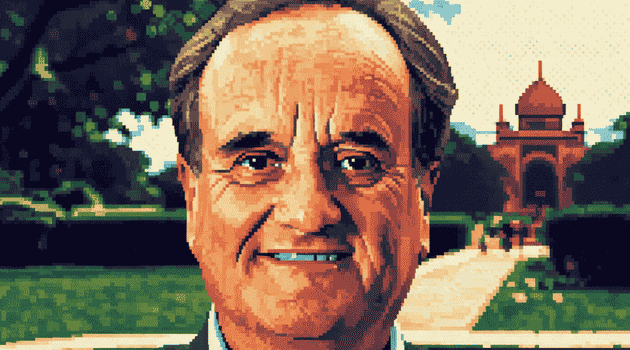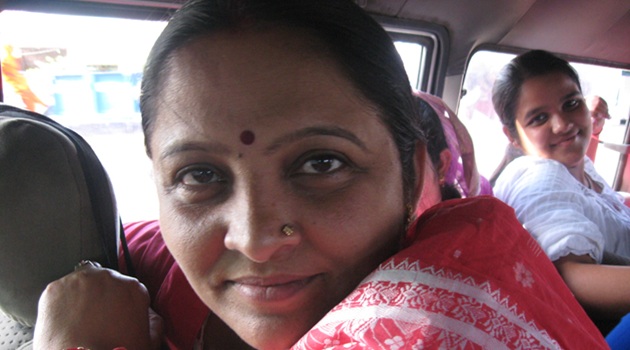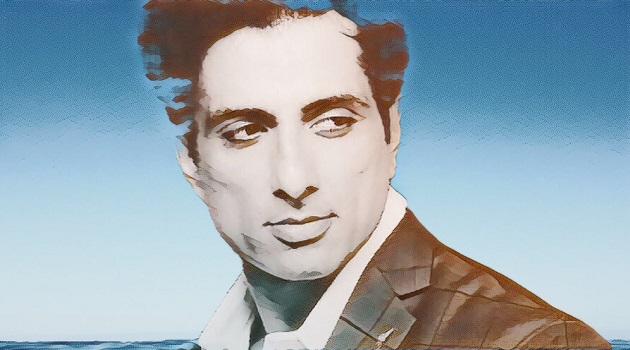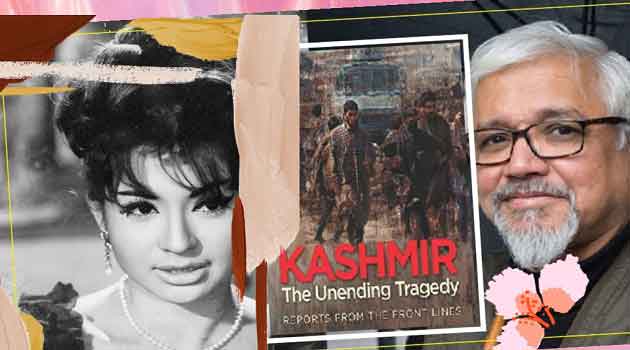Sanjay Kumar and Shruti
In Muzaffarpur’s Chaturbhuj Sthan, one of Bihar’s oldest red-light areas, a new kind of bank is taking shape. Called the Gullak Bank, it is designed not for big investors but for the children of sex workers, who are encouraged to deposit small amounts—about 50 rupees per month—regularly to build habits of saving. The initiative, led by social worker and community leader Naseema Khatoon, is as much about financial literacy as it is about dignity and future security.
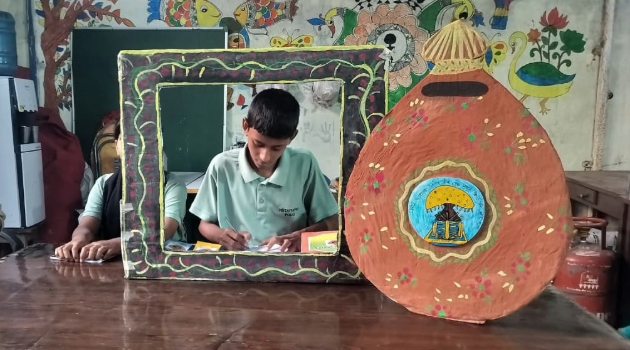
As political parties flood Bihar’s landscape with promises of pensions, stipends, and employment schemes, Khatoon is preoccupied with something else entirely: the future security of sex workers’ children. “We cannot wait for any government to look after us,” Khatoon says. “The state may be the administrator, but the community is its own master. For our welfare, it is always the people within the community who take the first step, and with their help, these schemes move forward.”
The Wider Picture of Women in Bihar’s Elections
Scroll through social media during election season in Bihar, and two images dominate: women standing in long queues at polling booths, and glossy campaign posts wooing them with welfare schemes. Both capture a truth. Women, who form 47.7% of the electorate, over 40 million voters, often outnumber men at the ballot box, making them the most decisive bloc in state politics. And political parties, recognising their clout, compete to offer cash transfers, health benefits, or entrepreneurship schemes aimed at women.
Yet this narrative leaves out the margins. For sex workers in Chaturbhuj Sthan and elsewhere, politics rarely speaks their language. Campaign promises reach them only indirectly, if at all.
A Community Governs Itself
Khatoon’s organisation, Parcham, has pioneered initiatives that function like parallel governance structures: the Police Pathshala for children’s education, Jugnu for alternate livelihoods, and now the Gullak Bank.
When Muzaffarpur’s City Superintendent of Police, Kiran Kumar, inaugurated the Gullak scheme, he described it as a way for children to save from their pocket money and build habits of financial discipline. But for Khatoon, the scheme is less about coins in clay pots and more about cultivating self-reliance in a community long neglected by formal institutions.
Her blunt assessment of electoral politics is telling: “Government is formed and run on money expenditure and decision-making. For sex workers, no party has ever truly represented us. Our initiatives survive because we take ownership, and our locals drive them forward.”
The Promise and Pitfalls of Schemes
This self-reliance is partly born out of disappointment. Many sex workers admit to benefitting from government programmes such as Jeevika, Bihar’s World Bank-supported rural livelihoods scheme that has mobilised over 1.35 crore women into 10 lakh self-help groups across all districts. Through savings and credit collectives, Jeevika has enabled women to access bank loans, diversify incomes, and reduce dependence on moneylenders.
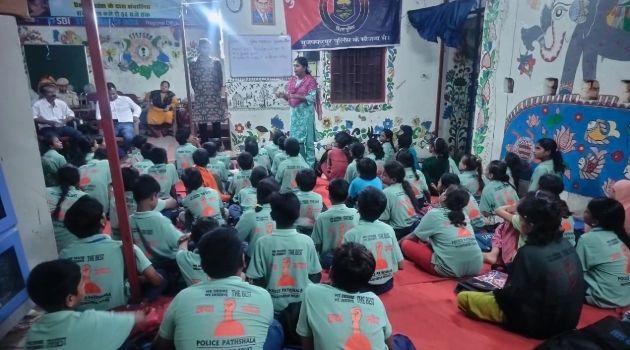
But the picture is mixed. “All the money from Jeevika is going towards paying interest,” Khatoon says, highlighting how microfinance can trap women in cycles of borrowing and repayment. Studies echo this concern: while SHGs empower women financially, without steady livelihood opportunities and market linkages, loans often become burdens rather than stepping-stones.
The problem extends beyond Jeevika. Cash incentives promised by political parties for girls’ education or household welfare frequently end up filling immediate consumption gaps—groceries, medical emergencies, weddings—instead of creating lasting security. What looks like empowerment on paper can, in practice, leave women juggling debts with little room to save.
Why the Gullak Matters
That is why the Gullak Bank feels radical in its simplicity. Each child gets a small account, deposits whatever they can spare, and learns the discipline of saving. Unlike election-time cash doles, this is about teaching children financial responsibility early on. For a community where stigma often forces residents to hide their identities outside the mohalla, Khatoon insists that understanding money—its power, its scarcity, its responsibility—is central to dignity.
Her vision is not just about immediate relief but about creating a sense of future. “As far as electoral politics is concerned, whoever comes in power, sex workers and their families can only benefit if money is provided not only as necessity but also as future security, perhaps the way an FD works,” she explains.
The Silence in Campaigns
This contrast is stark. While women voters across Bihar are courted aggressively, sex workers are rarely mentioned in political manifestos or campaign speeches. Their concerns such as health access, education for children, social stigma, and housing rights, remain outside the mainstream imagination. The state measures women’s political importance by turnout statistics and welfare delivery, but women on the margins experience invisibility twice over: as women and as sex workers.
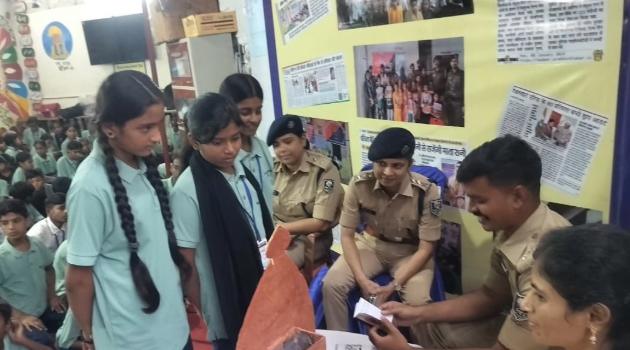
And yet, as Khatoon points out, the community has never waited for representation. “For our welfare, it is always the local community members who take the initiatives,” she says. Whether through informal schools, adolescent programmes, or Gullak Banks, sex workers in Muzaffarpur are building parallel systems of care, education, and financial literacy.
Beyond the Ballot
The real question, then, is not whether sex workers line up in voting booths (many do, some don’t) but whether elections have ever lined up for them. For decades, Bihar’s women have been described as the “silent majority” that quietly but decisively shapes the ballot. Sex workers, however, are not silent: they are speaking through their own institutions, rejecting tokenism, and demanding a different kind of future.
As children in Chaturbhuj Sthan drop their coins into gullaks, the symbolism is hard to miss. In a season of lofty promises and short-term schemes, the community is choosing patient saving, self-reliance, and dignity. The ballots cast this year may shape Bihar’s government. But for sex workers and their families, the real vote of confidence lies in a piggy bank that teaches them to imagine a tomorrow beyond survival. Indeed, Bihar doesn’t just follow — it leads by example.
